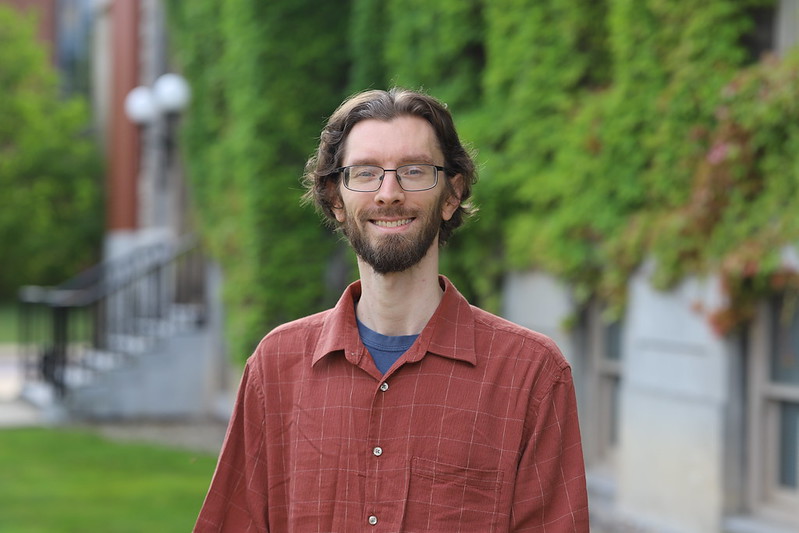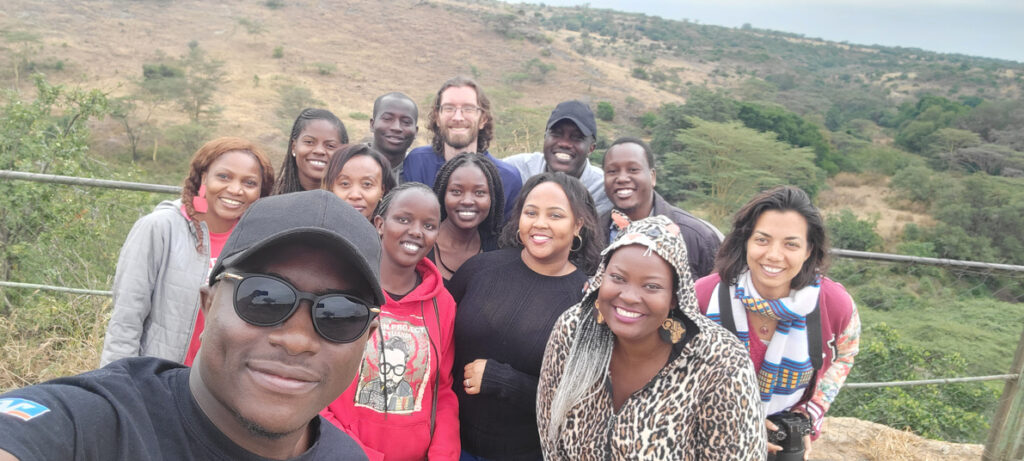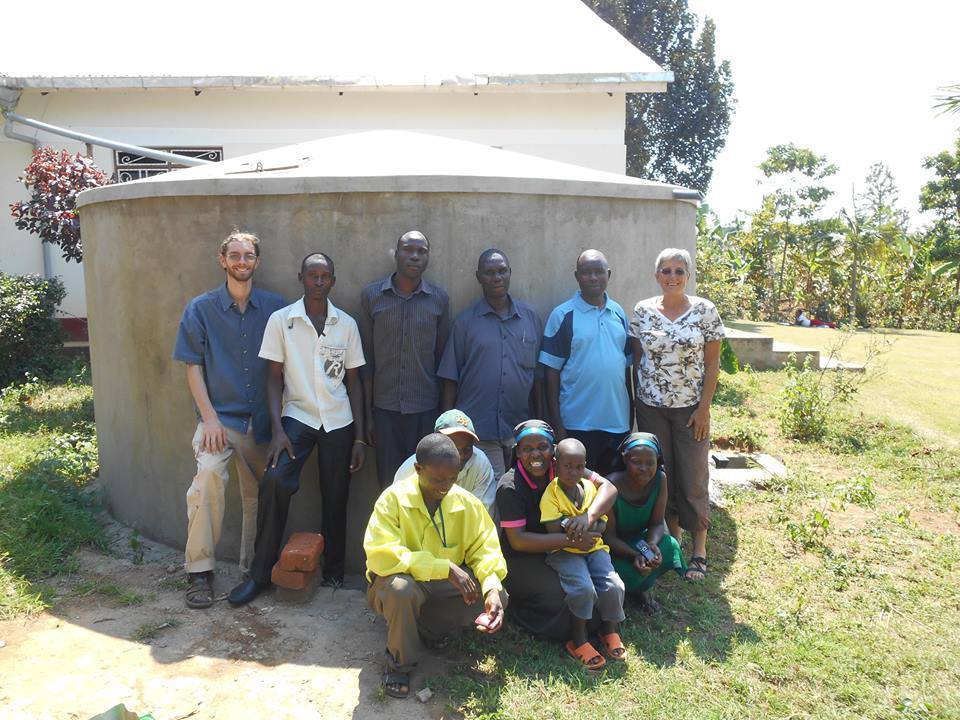
From the drylands of Kenya to the rainforests of Suriname, civil and environmental engineering professor John Trimmer has dedicated his career to making a difference. After a service-learning trip to Nicaragua, where he helped with construction projects, Trimmer was inspired to pursue humanitarian engineering and improve the well-being of others. With a core research focus on water systems, sanitation, and resource recovery, he strives to promote sustainable living.
As an undergraduate at Bucknell University, Trimmer was able to work with a few non-governmental organizations (NGOs). In addition to his trip to Nicaragua, he collaborated with a Peace Corps volunteer in Suriname, South America, stationed in a remote village and working on a rainwater collection system. After graduation, Trimmer continued working with the Peace Corps and spent three years in Uganda working with an NGO that specialized in constructing water tanks, latrines, classrooms, and other structures.
After completing his Ph.D., which included working in Uganda on innovative approaches to sanitation systems, Trimmer joined the Aquaya Institute on their mission to improve global health through safe water and sanitation access. His work at the Aquaya Institute largely focused on research and he found himself based in Nairobi, Kenya, interacting with pastoral communities in dry regions of the country.

“Though the communities were nomadic, it seemed like they were also looking to settle, and they were open to permanent infrastructure,” Trimmer says. “It was very qualitative. We focused primarily on asking questions regarding their current water systems and what they do for sanitation. We also did interviews and discussion groups to understand what these communities wanted and needed.”
While working with the Aquaya Institute, Trimmer also researched the effectiveness of a program that aimed to provide more durable infrastructure to vulnerable households in northern Ghana. Since unstable soil is an issue that impacts certain areas, they wanted to ensure the structures they built would last.
“If you dig a traditional pit latrine, it may collapse because the soil is unstable. Since the locals in the area didn’t have the means for a more durable structure, we were looking at different ways those systems could be supported financially,” Trimmer explained. “UNICEF funded the project so durable structures could be installed.”
As Trimmer has traveled to different countries, he’s loved working with young researchers and found it rewarding to help them develop their skills and witness their growth. This passion for mentoring younger researchers would translate to his position as a Syracuse University professor, giving him a chance to continue guiding and supporting students.
While teaching courses at the University, Trimmer plans to collaborate with NGOs he’s previously worked with on upcoming projects. He hopes to collaborate with colleagues to develop a platform that models sanitation systems to implement them as a teaching and research tool in the classroom. This will enable him to share the knowledge he’s gained from his humanitarian work and educate future researchers to do the same.

